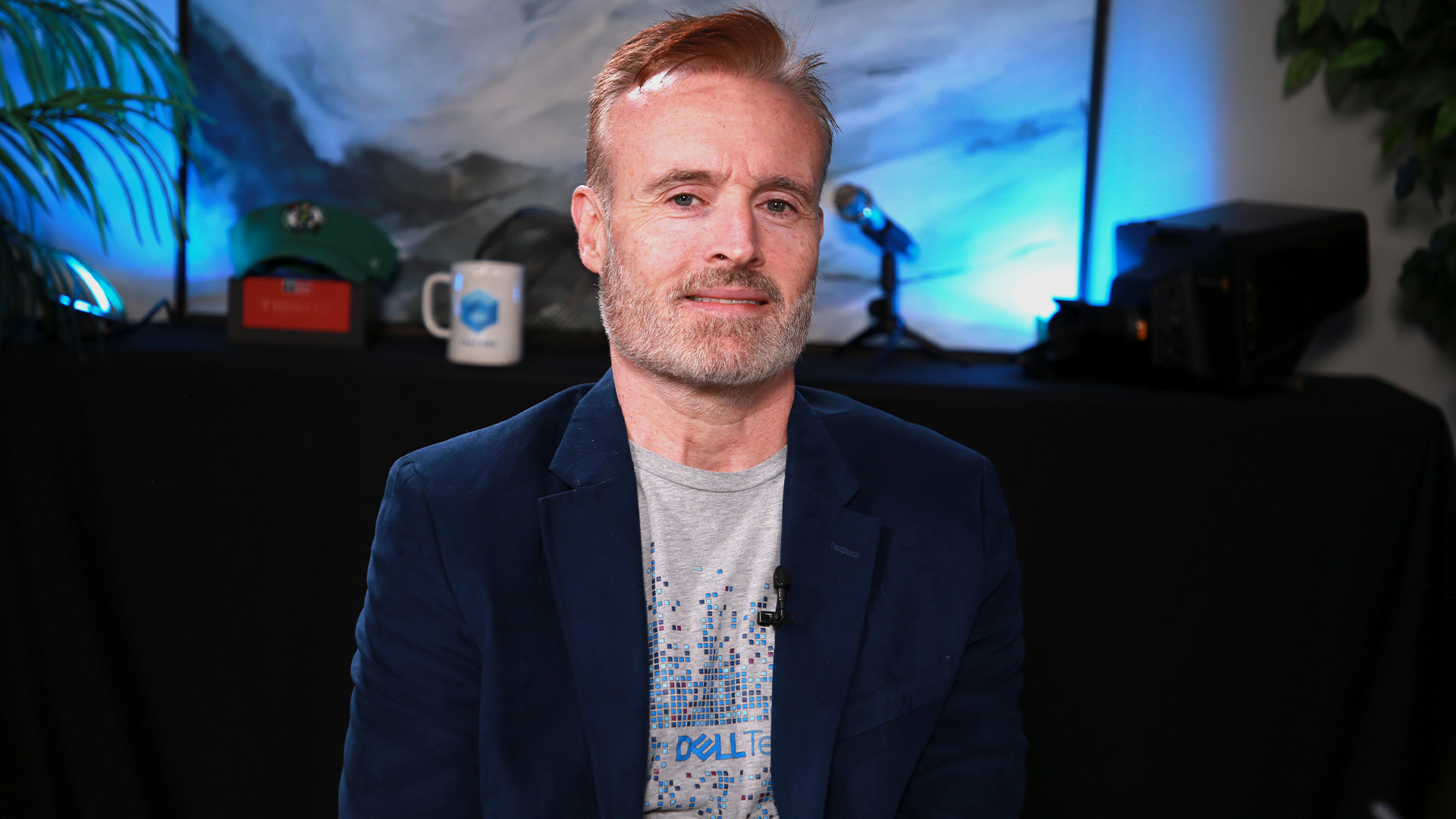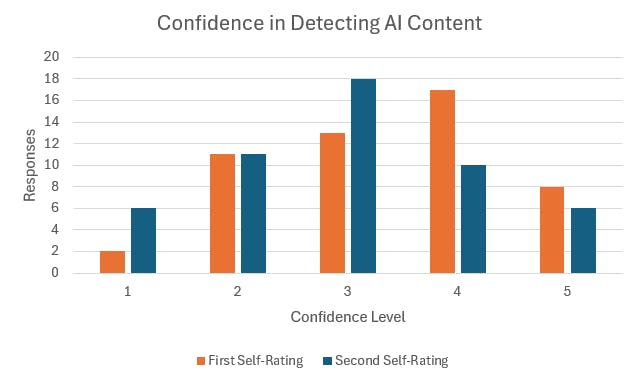The tech ecosystem is attractive to many Nigerians for various reasons including its growth trajectory over the last decade. For Faith Emmanuel, the drive was more fundamental: a relentless pursuit of challenge, a desire to build, and a deep-seated belief in doing “hard things early.” This philosophy, borrowed from a favourite book, Cal Newport’s So Good They Can’t Ignore You, has propelled him from the meticulous, slow-burn world of tax and traditional corporations into the heart of African tech Human Resource (HR).
Today, Emmanuel is known for his knack for building people processes from the ground up, his strategic insights, and his ability to transform struggling teams into thriving communities.
The big switch
Emmanuel’s professional life began with an Economics degree and a stint at a traditional tax firm. “I used to work till 11 PM, and I once spent three hours editing a two-page document alongside a lawyer,” Emmanuel says
While he credits this experience for his meticulousness, it also highlighted a fundamental mismatch. He knew his heart was in HR, and he yearned for a different kind of challenge. He began working with General Electric (GE), as an HR support staff, and quickly found himself reporting to multiple general HR business partners.
“Every day, I was reporting to four different managers. I did not know what each day held or the kind of work I was going to do. It was very intense and very fast-paced.”
This experience, far from burning him out, whetted his appetite for speed. After GE, he interviewed with several companies, but it was tech firms like Cowrywise that truly captured his imagination. “If someone asked me why I went into tech, I would say it was because I started my HR career on a very fast-paced note, and I really didn’t want the tempo to slow down.”
His Economics background also drew him to fintech, seeing a natural synergy with managing talent in a wealth management company like Cowrywise. With only two to three years of experience, Emmanuel joined Cowrywise as its first-ever Lead People and Culture Manager.
“What success looked like for me at Cowrywise was totally different from what success looked like for me at [other companies I worked for]. I was literally coming inside a mess, to fix the mess.”
The builder’s manual: Lessons from ground zero
Building people processes from scratch in a rapidly scaling startup, or stepping into a company mired in “office politics,” demanded more than just HR expertise. It required a builder’s mindset and a willingness to learn, sometimes through painful mistakes.
In Nigeria, Emmanuel observes that people often associate HR with “hire and fire.” However, he was determined to carve out a different, more strategic path. “You do not have to be a conventional HR manager,” he explains. He encourages professionals to go beyond the conventional: For instance, “you can be the customer experience person in tech who takes [your role] a step further to study data analytics from customers’ responses, and give that feedback to the product team or data team internally. People will then begin to respect you, not just as a person who answers calls or emails, but as a person who gains insights from customer feedback.”
Emmanuel’s second lesson is to define what success looks like for you, early. At Cowrywise, success meant “building the best place to work.”
When he started working at AfriChange, his current workplace and a company with a history of “ridiculous people-related issues,” success was first to establish policies. This even meant the bold move of deleting the company’s existing core values and launching a three-day workshop to redefine them.
“Were a lot of people mad at me? Yes. Are they happy with me now that we have new core values that reflect our system and processes? Yes.”
The 90-day rule
The key challenge for any builder like Emmanuel isn’t simply doing the work; it’s navigating the tension between his fierce drive to “do hard things early” and the political wisdom required to “read the room.” His solution is a calculated strategy that begins by clearly diagnosing the situation.
Emmanuel ensures he knows the business’s core problem: at Cowrywise, the urgent need was unconventional HR for unconventional employees, and at AfriChange, it was rebuilding broken trust and scattered systems. Identifying this immediate need guides his interventions.
Next, he seeks to “build career capital”. As he explains, when he pitches something major in tech companies he works in, which often encounters pushback, he can always point back to a minor task he executed excellently. This demonstrated competence earns him the trust needed for bigger projects.
Finally, Emmanuel advises that to be relevant in tech companies, play the long-term game. For instance, he was silent about the structure of Friday meetings at AfriChange.
“I just thought that it could be a lot better structured,” Emmanuel says.
The meeting’s attendance inevitably dwindled months later, and the team came to him for a solution.
Central to Emmanuel’s work approach in tech firms is the 90-day rule: “In the first 90 days, I advise people to actually overwork and to build the kind of impressions they want.” His goal is to be seen as dependable.
“Everywhere I go, I work [a lot] in the first 90 days and build career capital that is enough for you to trust me when I want to do bigger things,” Emmanuel says.
HR in a remote-first world
For HR leaders in tech, especially in Africa where remote work across different time zones is common, Emmanuel advises effective communication. “There is never any over-communication in the corporate space. Do not assume,” Emmanuel says.
Remote work is inherently asynchronous, so according to Emmanuel, tech companies must carve out “collaborative hours” where specific teams are guaranteed to be online. This ensures crucial, real-time interaction for problem-solving.
HR Clinic
The differences between traditional and tech HR are stark, Emmanuel explains, mainly revolving around speed of execution. “No matter the bureaucratic processes in the tech space, it can never be as strenuous as the processes at a traditional company.”
An idea that takes six months to implement in a corporate setting can be conceived, pitched, and executed in a month, or even a week, in tech firms. This realisation led Emmanuel to launch his latest venture: HR Clinic. He discovered that many startup founders, often former engineers or product managers, genuinely lack understanding of basic people processes. The HR Clinic offers “speed consulting sessions” and “fractional HR consulting” to help founders build robust people processes, culture, and documentation from the outset, aiming to partner with VCs and accelerators to prevent costly HR missteps.
For those in traditional HR roles eyeing the tech space, Emmanuel’s message is that skills are transferable, and you must embrace an “insane level of speed of execution” and swap rigid processes for flexibility.
For tech professionals, Emmanuel’s advice is equally resonant: focus on doing “quick, impactful work.”
“Money is good, but I don’t join companies because of the money. Ask yourself, will I be able to do good, impactful work here?”
And for those outside, drawn by the hype, Emmanuel says: “Tech is not a get-rich-quick money scheme. Tech is a lot of work, so ensure that you are joining the ecosystem for the right reason.
Mark your calendars! Moonshot by is back in Lagos on October 15–16! Meet and learn from Africa’s top founders, creatives & tech leaders for 2 days of keynotes, mixers & future-forward ideas. Get your tickets now: moonshot..com










